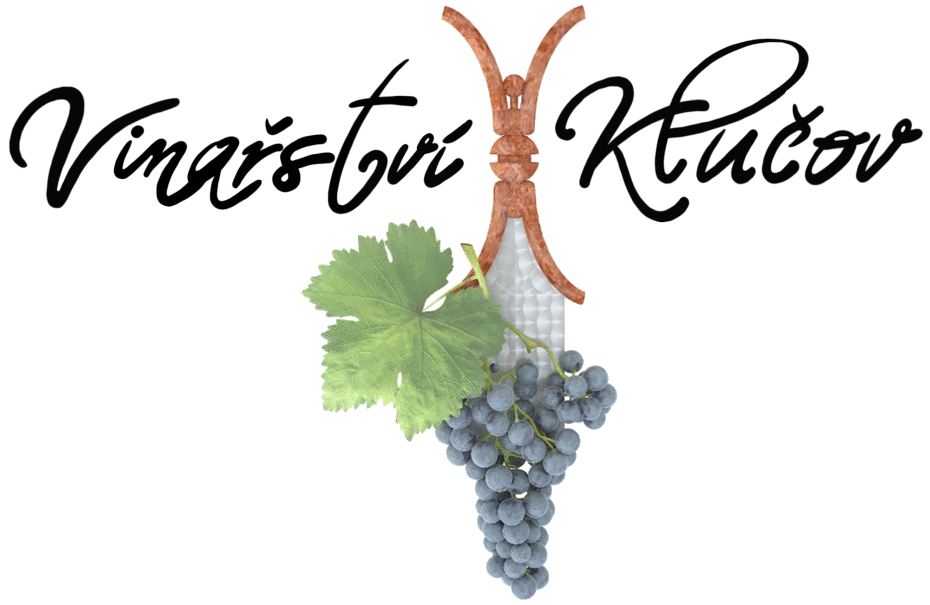[trx_section align=”right” dedicated=”yes” columns=”1_2″ bottom=”0″]
[trx_skills type=”bar” dir=”vertical” layout=”columns” count=”4″ maximum=”1000″]
[trx_skills_item level=”753″ title=”Bouquet”]
[trx_skills_item level=”980″ title=”Chocolaty”]
[trx_skills_item level=”660″ title=”Acidity”]
[trx_skills_item level=”870″ title=”Alcohol”]
[/trx_skills]
[/trx_section]
Cabernet Franc is one of the major black grape varieties worldwide. It is principally grown for blending with Cabernet Sauvignon and Merlot in the Bordeaux style, but can also be vinified alone, as in the Loire’s Chinon. In addition to being used in blends and produced as a varietal in Canada and the United States, it is made into ice wine in those regions. Cabernet Franc is lighter than Cabernet Sauvignon, making a bright pale red wine that contributes finesse and lends a peppery perfume to blends with more robust grapes. Depending on the growing region and style of wine, additional aromas can include tobacco, raspberry, bell pepper, cassis, and violets. Records of Cabernet Franc in Bordeaux go back to the end of the 18th century, although it was planted in Loire long before that time. DNA analysis indicates that Cabernet Franc is one of two parents of Cabernet Sauvignon, a cross between it and Sauvignon blanc.
[trx_line style=”solid”]
[trx_skills maximum=”100″ type=”bar” dir=”horizontal” layout=”columns” count=”5″]
[trx_skills_item title=”Bouquet” level=”98%”]
[trx_skills_item title=”Sweetness” level=”66%”]
[trx_skills_item title=”Chocolaty” level=”87%”]
[trx_skills_item title=”Acidity” level=”82%”]
[trx_skills_item title=”Alcohol” level=”76%”]
[/trx_skills]
Cabernet Franc is believed to have been established in the Libournais region of southwest France sometime in the 17th century, when Cardinal Richelieu transported cuttings of the vine to the Loire Valley. They were planted at the Abbey of Bourgueil under the care of an abbot named Breton, whose name became associated with the grape. By the 18th century, plantings of Cabernet Franc (known as Bouchet) were found throughout Fronsac, Pomerol and St-Emilion, making quality wines. As Cabernet Sauvignon grew more popular in the 18th and 19th centuries, the close similarity of the two grapes was observed and theories emerged as to the extent of their relationship. In 1997, DNA evidence emerged to show that Cabernet Franc had crossed with Sauvignon blanc to produce Cabernet Sauvignon. In general, Cabernet Franc is very similar to Cabernet Sauvignon, but buds and ripens at least a week earlier. This trait allows the vine to thrive in slightly cooler climates than Cabernet Sauvignon, such as the Loire Valley.
[trx_section align=”right” columns=”2_3″ bottom=”0″]
[trx_title type=”4″ position=”left” icon=”icon-gauge” bottom=”0″]Property bar (layout “Rows”)[/trx_title]
[trx_skills maximum=”100″ type=”bar” dir=”horizontal” layout=”rows” count=”5″]
[trx_skills_item title=”Bouquet” level=”98%”]
[trx_skills_item title=”Sweetness” level=”66%”]
[trx_skills_item title=”Chocolaty” level=”87%”]
[trx_skills_item title=”Acidity” level=”82%”]
[trx_skills_item title=”Alcohol” level=”76%”]
[/trx_skills]
[/trx_section]
In Bordeaux, plantings of Cabernet Franc are treated as an “insurance policy” against inclement weather close to harvest that may damage plantings of Cabernet Sauvignon. Its early budding does pose the viticultural hazard of coulure early in the growing season. The vine is vigorous and upright, with dark-green, 5-lobed leaves. The winged bunches are elongate and small-medium in size. The berries are quite small and blue-black in color, with fairly thin skins. The Cabernet Franc grapevine is more prone to mutation than Cabernet Sauvignon, less so than Pinot noir. Cabernet Franc can adapt to a wide variety of vineyard soil types but seems to thrive in sandy, chalk soils, producing heavier, more full bodied wines there. In the Loire Valley, terroir based differences can be perceived between wines made from grapes grown in gravel terraces versus tuffeau slopes. The grape is highly yield sensitive, with over-cropping producing wines with more green, vegetal notes. Across the world Cabernet Franc is one of the twenty most widely planted grape varieties. Plantings are found throughout Europe, in the New World, China and Kazakhstan. In many regions, it is planted as a component of a Bordeaux-style blend such as Meritage, playing secondary role to Cabernet Sauvignon and Merlot. In parts of northeast Italy, Anjou-Saumur, Touraine and the right bank region of Bordeaux, Cabernet Franc both plays a more prominent role in blends and is vinted as a varietal.

